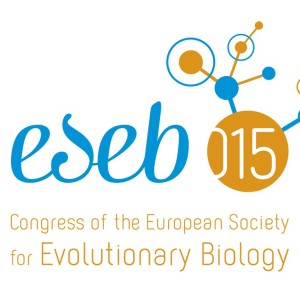Does epigenetics support Lamarckism?
– Alexandre Pinto, 50 years old
Author: Ivan Scotti
PhD
INRA, France
Answer:
Not quite. Epigenetic inheritance means that some information on the “state of activity” of genes is carried over from one generation to the next, but the state is reversible. For example, when attacked by caterpillars, some plants produce spines or defence compounds. In several species, it has been shown that the offspring of plants damaged by caterpillars also produce these defences, even if they are never attacked by these herbivorous. These differences in the plants’ features do not involve changes in the DNA itself from one generation to another. What changes is what distinct portions of the DNA (the genes) are activated and how much these express.
True, we can say that some ‘acquired traits’ are thus inherited, as Lamarck believed, but the effect is transient if environmental cues do not reinforce the signal at each generation. Therefore, epigenetic inheritance is not the kind of genetic inheritance Lamarck had in mind when he formulated his theory. The inheritance step is an essential piece of Lamarck’s view: a character is developed because it is useful, and once it has been developed, it is transmitted. Without this hardwired type of inheritance, Lamarck’s theory is impossible; and epigenetic inheritance does not support it because it is transient. Please notice that Darwin’s case was quite the opposite: he was plain wrong on the way characters are inherited; yet this does not prevent his theory from correctly identifying the processes driving species evolution.
Additional literature suggested:
http://learn.genetics.utah.edu/content/epigenetics/inheritance/


Leave a comment